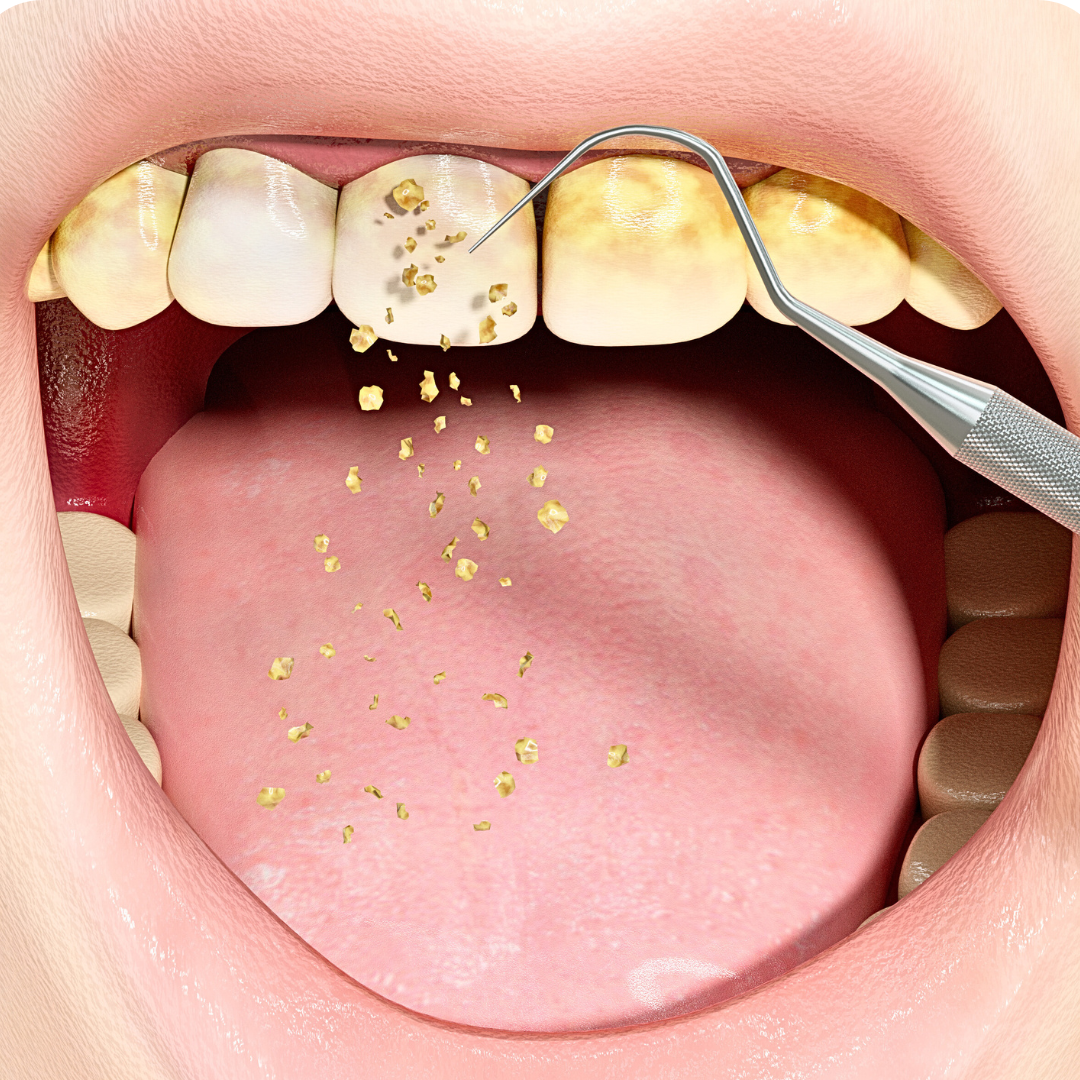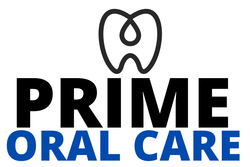
Those who wear dentures know how crucial it is to maintain a clean, healthy mouth, but keeping those prosthetic devices in pristine condition can be difficult at times. Most people will agree that traditional cleaning methods may not remove plaque, tartar, or bacteria from every nook and cranny, which can leave behind the culprits of bad breath, gum irritation, and damage to the capable surrounding tooth structures and soft tissue. That is where an ultrasonic cleaner for excels.
The question becomes, is it worth getting one?
Let’s explore what ultrasonic cleaners do and why they could be a game changer for denture wearers.
What Is an Ultrasonic Cleaner?
An ultrasonic cleaner is a product that uses ultrasonic sound waves and a cleaning solution to clean. These devices are frequently used for professional teeth cleanings in medical settings and also for delicate items like jewelry or eyeglasses. Returning to the subject of dentures, the ultrasonic cleaner generates high-frequency vibrations that create small bubbles. These bubbles collapse and generate a scrubbing action, eliminating debris, plaque and tartar from even the most hard-to-reach spots without damaging any material or enamel on remaining natural teeth.
Which is the usage of advanced ultrasonic technology (UAT). Modern ultrasonic dental cleaners come with excellent safety technology. These devices cease operating if they reach the gums. The ultrasonic cleaner only activates when it is touching teeth so the gums are protected from unnecessary exposure to vibrations. It also makes the device super effective and completely safe for everyday use, especially for denture wearers or people with sensitive gums. This unique method offers comprehensive teeth cleaning without the potential for irritation or harm to soft tissues, allowing ultrasonic health to be the perfect choice for proper oral hygiene.
Why You Should Use an Ultrasonic Cleaner for Dentures Deep Cleaning?
Action In contrast, the ultrasonic cleaners get into even the tightest nooks and crannies and remove stubborn build-up, plaque, and bacteria, unlike manual scrubbing or soaking dentures in cleaning tablets. This gives you an equivalence of professional teeth cleans, giving you best practice via an at home tool! Minimizing plaque and tartar accumulation Just as plaque and tartar can build up on natural teeth, they can also coat dentures over time. Ultrasonic cleaners work so well to break up this build-up without abrasive cleansers, keeping dentures smooth and clean.
How Tartar Appears on Teeth
Tartar forms when soft dental plaque—made up of bacteria, food particles, and saliva—hardens on the teeth due to poor oral hygiene. When plaque isn't removed by regular brushing and flossing, it calcifies and turns into a yellow or brownish deposit known as tartar or dental calculus.
How Tartar Develops:
-
Plaque Buildup: Plaque naturally forms after eating and drinking.
-
Poor Oral Hygiene: Infrequent brushing or flossing allows plaque to stay on teeth.
-
Mineralization: Minerals in saliva harden the plaque into tartar within 24 to 72 hours.
-
Common Areas: Tartar often appears along the gumline and between teeth.
Why It Matters:
-
Tartar cannot be removed by brushing once it's formed.
-
It creates a rough surface that attracts more plaque.
-
It can lead to gum inflammation, bad breath, and gum disease if not professionally removed.
To prevent tartar, brush and floss daily we recommend our ultrasonic dental cleaner
Gentle Yet Effective Cleaning Ultrasonic cleaners are safe
for dentures and teeth since they do not cause scratches or damage to delicate materials or enamel. Thanks to its advanced technology that cleans the treatment area but does not damage it.
Time-Saving and Convenient
even cleaning dentures by hand can take up time, particularly if you are attempting to get rid of stubborn stains or tartar. An ultrasonic cleaner can get it done in minutes of near-silent operation, and there's nothing better than that.
Ultrasonic Cleaner vs Manual Scrubbing:
Which is Safer? Yes, ultrasonic cleaning is way safer for dentures than scrubbing them with brushes or abrasive cleaning agents. Manual techniques can hurt teeth, scratch the acrylic surfaces on dentures or wear away delicate materials over time. This damage causes uneven patches where bacteria can fester, leading to a higher buildup of plaque. Eliminating the risk for irritation or harm to sensitive tissues, ultrasonic cleaners employ technology that halts the device when meeting gums. All of this makes them a good, safe bet for anyone on the lookout for better tooth maintenance for their mouth and overall oral hygiene.
Ultrasonic Cleaning vs. Other Methods
Soaking in Cleaning Tablets While popular among denture wearers, cleaning tablets are not very effective against stubborn stains or deep-seated tartar. They will aid in disinfection, but lack the mechanical action that ultrasonic cleaners offer, chemistry at work, as it were.
Brushing with a Soft-Bristle Toothbrush Brushing can help remove much larger debris at the top of the mouth, but bacteria and build-up could still hide in small crevices. Aggressive brushing can erode the enamel and mar the acrylic base of dentures.
Professional Teeth Cleaning Although visiting a dental professional is the gold standard when it comes to oral hygiene, frequent appointments can cost a small fortune and take time to book.
Ultrasonic cleaners offer a less expensive option for keeping your dentures clean throughout the week in between visits.
Who Should Use an Ultrasonic Cleaner?
Ultrasonic cleaners are perfect for:
For denture users, both partial and complete dentures, these devices help keep your dental prosthetic clean and free of build-up.
People with Sensitive Teeth or Gums — The technology makes sure that the device does not work on the gums, which is why those with sensitive oral tissues can use ultrasonic cleaners.
Those Who Are Prone to a Lot of Plaque or Tartar Build-Up: If you are prone to a fair amount of build-up, using an ultrasonic cleaner can reduce the chance of getting gum diseases or damaging your teeth.
Are There Any Drawbacks? Although ultrasonic cleaners have many benefits, there are a couple of factors to consider:
Price: Ultrasonic cleaners are an investment and range from £50 to £150 or more. But they can pay off long-term much more than their upfront cost.
Regular Maintenance: Similar to other devices, ultrasonic cleaners need to be maintained properly to work appropriately. This involves regular cleaning of the tank and changing the solution.
Not a Substitute for Dentist Appointments: While ultrasonic cleaners are great for daily maintenance, they are not a substitute for professional teeth cleanings. However, routine cleanings are still critical for the health of the entire mouth.
Conclusion:
How to Determine a Good Ultrasonic Cleaner Ultrasonic cleaner is well worth the money for denture users. Whether you wear dentures or need a professional teeth cleaning experience from home, this device will ensure that your dentures stay free of plaque, tartar, and bacteria. Even with sensitive gums or brittle dental hardware,
Ultrasonic cleaners allow you to take over oral hygiene in a safe and convenient way without damaging teeth or dentures. But if you’re sick of tedious cleaning by hand or are concerned about build-up and harm to your dental devices, an ultrasonic cleaning device may be the answer you’ve been searching for. Your smile will thank you—start your journey to better oral health today!

